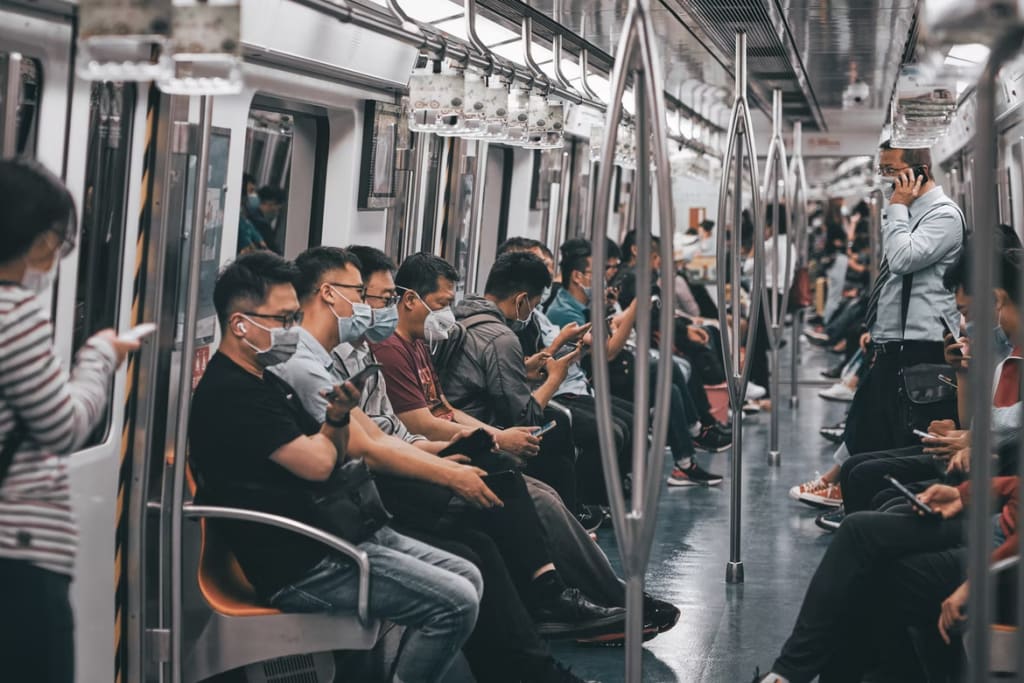What is the impact of the epidemic on China's economy and how is China's development after the epidemic?
The hardest hit is not the economy itself, but expectations.

The hardest hit is not the economy itself, but expectations. Short-term economic fluctuations, whatever they are, will recover in the long run as long as they do not hurt the nation. But if people's expectations are changed, the economy could be stuck in long-term stagnation: on the consumption side, factors such as income instability + stock fund market volatility + pension crisis caused by negative population growth will lead to further increase in savings and decrease in liquidity. At the same time, lending will contract further and the internal circulation will be severely damaged in the long run. On the investment side, the recent blanket crackdown on certain industries has severely damaged capital confidence, and with relations with the United States further strained, an exodus of foreign capital is inevitable.
Domestic capital (except state-owned capital) investment will be more cautious, capital in the short term will encounter more severe winter.
On the market side, small and medium-sized businesses are no longer viable (partly because the market can't afford it either), and the idea of a unified market is a good one, but the implementation is very difficult. Coupled with unpredictable logistics controls, market liquidity will be severely hurt. International supply chains are being disrupted and restructured, and China's industrial upgrading is making slow progress. We may gradually lose our advantage as a low-end manufacturing power.
In terms of public awareness, although the epidemic prevention and control has further stabilized the "grassroots" public sentiment, the upper middle class is very sensitive to uncertainty. Coupled with an overly unfriendly attitude towards overseas nationals, a further brain drain may be inevitable. At the same time, the consciousness of college students, who have been constantly neglected in epidemic prevention and control, may be reshaped, and the impact will be hard to judge.
In short, even if we overcome the epidemic, the legacy of the past few years may last for decades. Strong controls have brought hidden crises to the surface, and changes in public expectations have accelerated dramatically. And instead of accelerating, some of the "big plans" intended to offset this change are stalling. In any case, let's face up to the possibility of a worst-case scenario and prepare for it. It's probably the only thing any of us can do right now.
As for how to prepare, I am not very clear myself. I can only say a few big aspects: 1. If the family is middle class or below, promptly exchange fixed assets into liquid funds. Because recessions affect the value of real estate above all, the value of liquidity is relatively stable in the short run because it is only affected by inflation. Especially in the case of multiple houses in the family, although the holiday may still have some small increase in the short term (the last strong medicine), but in the long term property tax + negative population growth will inevitably lead to a sharp drop in real estate prices. Don't be the last catch. 2. If your family has some capital, you can diversify your investments. The world will always need new sources of growth. If China is absent in the short term, other countries will inevitably take over. Some countries in Southeast Asia may see a second wave of growth, including the Internet/new technology in the United States, which will be a big growth area in the coming decades. You can't just look at home. There are many places in the world that are worth investing in. For students, it's better to do two things as much as possible. If they do not quite accept the kind of environment of studying and living alone abroad, then join the Party as soon as possible, after graduation, go to the election or take an examination of the public, seeking some even if the country's economic recession can also be independent treatment. If you have the spirit of adventure and reject the job of a civil servant, you must learn English well and go to see the outside world more. After learning, you can choose your employment environment according to the world situation at that time. It's always one more option than the average person.
About the Creator
Enjoyed the story? Support the Creator.
Subscribe for free to receive all their stories in your feed. You could also pledge your support or give them a one-off tip, letting them know you appreciate their work.





Comments
There are no comments for this story
Be the first to respond and start the conversation.